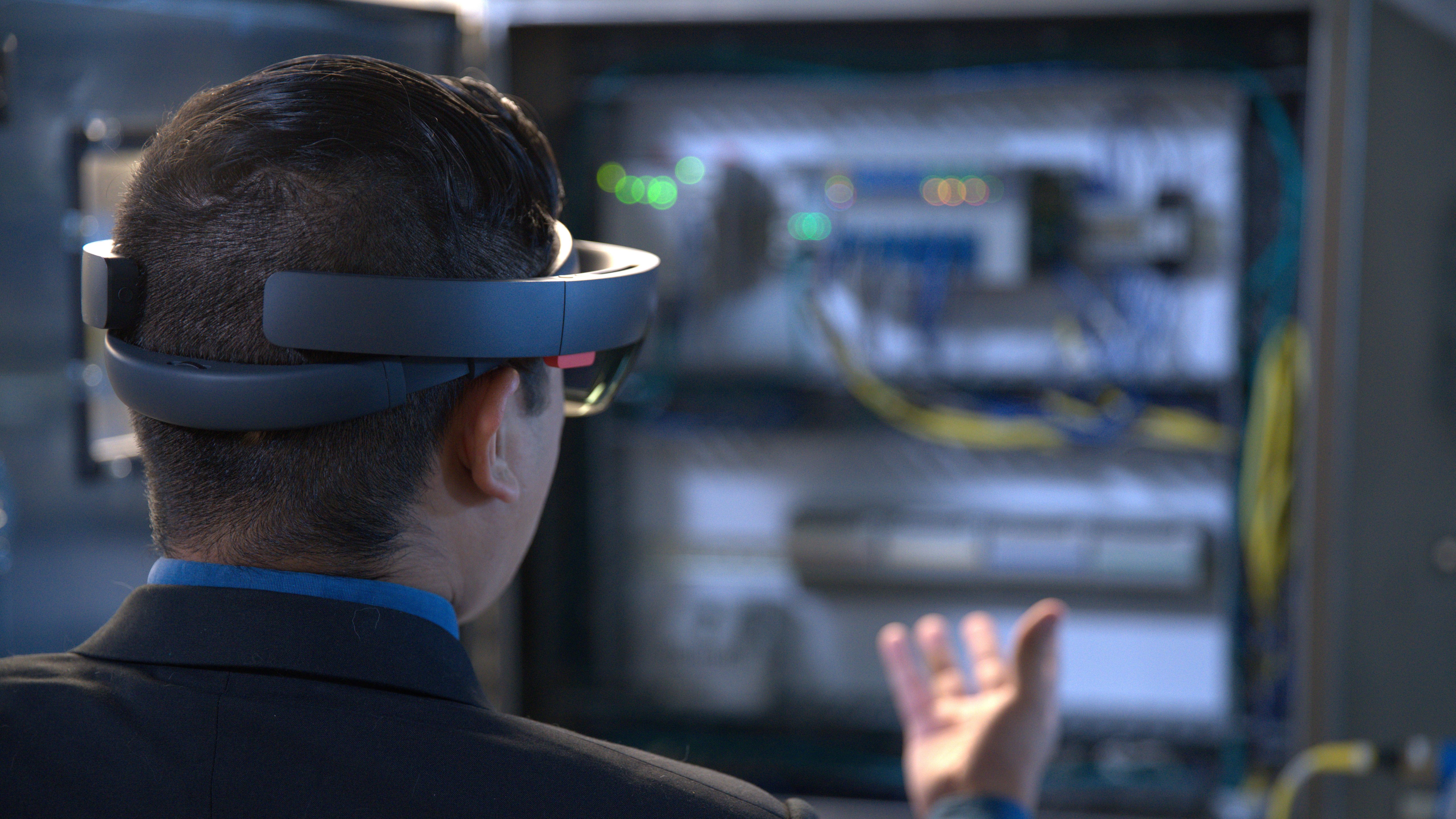What is the Nature of the Transformation?
In the factory, many things will still seem to be as they were before the COVID-19 pandemic. But a transformation – indeed, a revolution – will be occurring in terms of technology. The business will be in the process of being reshaped to be more efficient and responsive.
Factory life cycles are long. Technology innovation in factories has traditionally evolved at glacial speed. This means most factories are heavily on the brownfield side – and companies must continuously adapt their equipment and machinery to make the enterprise viable for the future.
For most organizations, transformation has nothing to do with creating blueprints for greenfield projects (e.g., gigafactories to deliver electric vehicles). Rather, it is a question of identifying the technologies whose deployment will position existing factories to be successful in the next decade.
Interoperability is key – the era of “standalone” solutions and processes is coming to an end. Organizations must start operating on the basis that all data and information produced in processes should be accessible by multiple applications.
The value of information is proportional to the audience that can benefit from it. By making technology investments more meaningful to the broader organization, integration drives ROI.
The big risk companies face is winding up with siloed, disconnected projects that they fail to integrate successfully. IDC research shows that 60% of companies are still deploying (very) isolated solutions, missing out on the benefits of full integration.
Real-time integration of data and operational processes is not easy. We constantly see the following issues:
- Insufficient data quality; lack of universal standards due to different, obsolete, and inflexible legacy systems from multiple vendors
- Lack of data integration; proliferation of data silos
- Lack of organizational readiness (wide variations between function and organization in the vision of smart manufacturing)
- Lack of digital skills (employees need constant supervision/support from IT departments)



